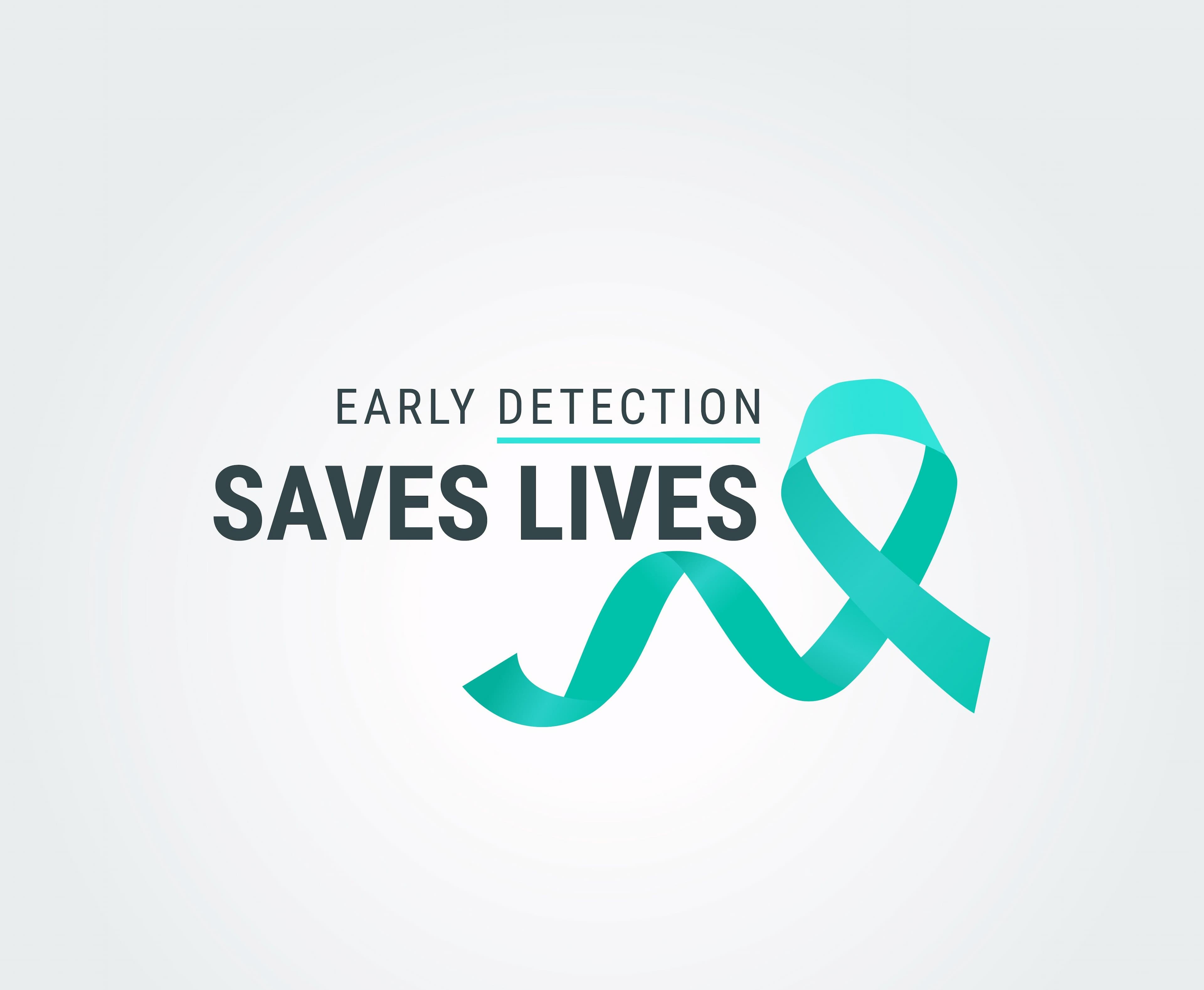
Jab to tackle high blood pressure would change lives, doctors say
Trials underway into biannual injection to replace daily tablets for hypertension
Trials into the effectiveness of biannual injections to treat hypertension, or high blood pressure, have been welcomed by UAE doctors, who said a breakthrough in care could help save lives by simplifying medication plans.
Global research by Queen Mary University of London and Barts Health NHS Trust will trial an injection taken every six months instead of a daily tablet on 630 patients to see how effective it is in lowering blood pressure.
While it often does not have noticeable symptoms, if hypertension is not treated it can increase the risk of heart attacks, strokes and other severe health problems.
Skipping medication during periods of fasting over Ramadan, or simply forgetting to take daily pills to halt dangerous symptoms, puts lives at risk, doctors have said.
“These results are only from stage one trials, so it would take at least another two to three years before we are close to seeing this become available — but it looks like an innovative solution for patients managing hypertension,” said Dr Saurabh Potdar, a cardiologist at Burjeel Day Surgery in Abu Dhabi.
“A biannual injection, as opposed to daily medication, could have potentially a significant cost implication, compared with daily medication taken over the course of many years to manage these kinds of chronic conditions.
“Some patients are reluctant to take medication on a daily basis, as they often forget or miss their dose, which can cause problems.
“This is particularly the case during Ramadan when people may be fasting and can forget to take their daily medicine or choose not to take it.
“That is when they come to us with dizziness or chest pains, so this option could be easier to control symptoms that can come on quite quickly.”
Hypertension is on the rise in the UAE, with around 29 per cent of the population likely to have the condition.
It has been described as a silent killer, as many live with hypertension without realising it due to infrequent blood pressure checks.
The British Heart Foundation (BHF) said while there is not always an explanation for the cause of high blood pressure, most people develop it because of their diet, lifestyle or a medical condition.
Funded by Alnylam Pharmaceuticals, the three-year study is supported by the UK’s National Institute for Health and Care Research, and could revolutionise the way hypertension is treated for millions of people.
“We have seen an exponential growth in the amount of people with high blood pressure, particularly in younger people,” said Dr Potdar.
“Now we are seeing patients in their 20s and 30s with hypertension, with the only contributing factor being a stressful lifestyle.
"The pandemic has definitely made it more common.”
Doctors would typically give angiotensin-converting-enzyme (ACE) inhibitors to control blood pressure and counter the effects of constricting blood vessels.
ACE inhibitors are a class of medication that relax blood vessels and decrease blood volume, lowering blood pressure and decreasing the heart’s oxygen demand.
Survey shows hypertension on the rise
A Dubai household health survey of 2,530 adults conducted in 2019 found 38 per cent of men and 16 per cent of women had hypertension.
Pre-hypertension, where early markers of the condition are found by doctors, was reported in 29.8 per cent of people in the survey.
The condition can serve as an early warning for patients and doctors, and a sign of possible blood pressure changes that could lead to heart disease.
“Prevalence of hypertension is high and treatment needs good compliance to chronic medical therapy,” said Dr Sandeep Golchha, a cardiologist at NMC Specialty Hospital, Al Nahda, Dubai.
“Accordingly, long-term compliance is an issue with chronic medications.
"However, if the scientific trials of the said twice-yearly injections for hypertension address our safety and efficacy concerns, then it holds a lot of promise to be of great help for the majority of hypertensive patients for controlling blood pressure and addressing compliance issues at the same time.
“Clinicians would love to see more data based on research and trials to establish the safety and efficacy of the injectable regime.”







